With the international community gradually relaxing COVID-19 restrictions and the Beijing Winter Olympics coming to an end, the Chinese Communist Party (CCP) has recently announced it may “change” its “zero-COVID” policy to align with international community. Observers say that the CCP’s “zero-COVID” policy has reached a dead end and that the party is now forced to consider ending the policy.
On Feb. 15, the Chongyang Institute for Financial Studies at the Renmin University of China held a panel discussion on potential post epidemic actions, with the hosting institution claiming to have started developing “new ideas” for Beijing authorities.
One panel member, Wu Zunyou, chief epidemiologist at the Chinese Center for Disease Control and Prevention (CDC), said that Beijing faces the choice of whether to change its “zero-COVID” policy as Europe and the United States relax their restrictions. If Beijing continues to insist on the policy, private enterprise and individual households will face enormous pressures on living standards, making the policy unsustainable; but if it is completely relaxed, “the initial prediction is that a lot of people will be infected and die,” Wu said.
But he admitted, “people can hold on for a year or two, but it’s really hard to sustain [this way of living] if [the policy] continues.” He also said that even without preventive and control measures, the number of cases will naturally fall, citing the example of India, where the epidemic peaked in April and May last year. Without any special preventive measures, the virus “fell back naturally,” Wu said.
Forced to Drop ‘Zero-COVID’
Han Shanbi, member of the Hong Kong Arts Development Council and chair of its Literature Committee, said Beijing’s attempt to change its COVID strategy is not an attempt to align itself with the West, but rather that there is no way to prevent the spread of the virus.Europe has begun to lift restrictions, with the UK lifting all restrictions on Feb. 24. Calls for the lifting of restrictions in the United States and Canada are also rising.
International experts agree that the virus is not going away but if enough people are immune through infection and vaccination, then the virus may persist like the flu and be generally manageable, especially since Omicron is highly contagious but has a low mortality rate, reinforcing the confidence of countries around the world to ease restrictions.
However, Chinese experts are less confident of relaxing restrictions in China. On the one hand, the regime’s “zero-COVID” policy may mean that most Chinese remain unexposed to the virus and lack herd immunity; on the other hand, the effectiveness of the China-made vaccines is difficult to guarantee.
Meanwhile, expert observers from other countries have expressed their concern for Chinese living under the regime’s “zero-COVID” policy. Alexander Kekulé, a leading German virologist, warned that continuing the policy would cause huge economic and social losses.
Japanese commentator Zheng Jie told The Epoch Times that the Chinese regime’s “zero-COVID” policy has reached a dead end, with recent reports of cases in Shenyang, Beijing, and Shenzhen with unknown sources of infection, and the intense strain on Hong Kong’s medical system.
Beijing May Not End ‘Zero-COVID’ Immediately
Han Shanbi believes that Beijing will not immediately change its current COVID policies but may make some preparations. “If the official media report such remarks, it means that the official attitude is beginning to relax, and I think it may be after the two sessions in March,” he said.However, China commentator Shi Shan believes that Beijing may not end its “zero-COVID” policy until after the 20th Communist Party National Congress in the fall.
Shan told The Epoch Times that by linking the unsustainable “zero-COVID” policy to its political goals, the CCP has effectively put itself in a huge dilemma, as it will inevitably have to give up this policy. But with the National Congress not until late 2022, there is sufficient time to cause significant damage to the Chinese economy.
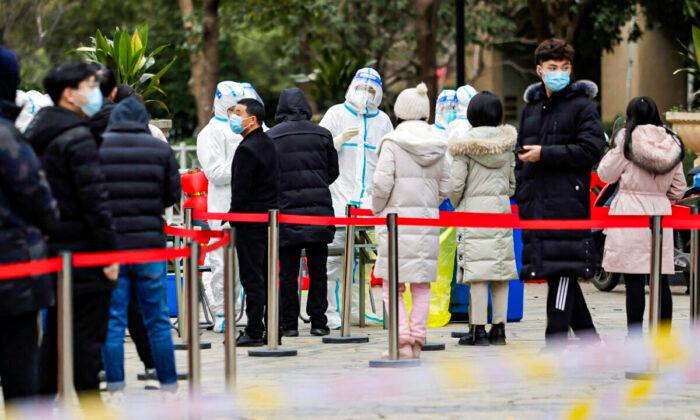
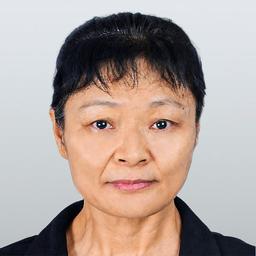
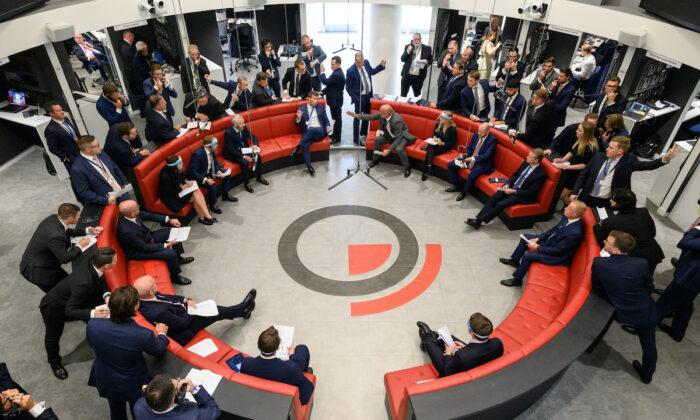
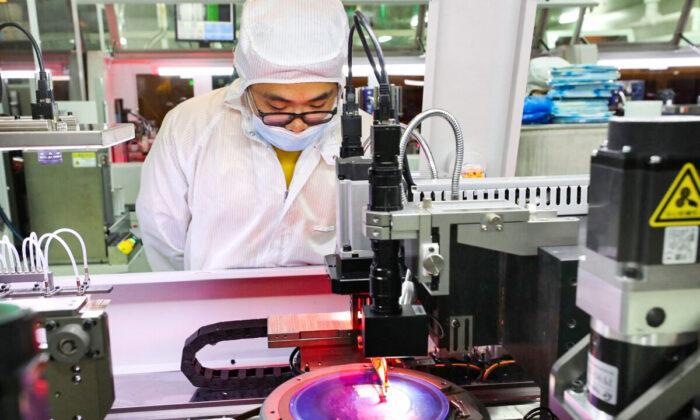
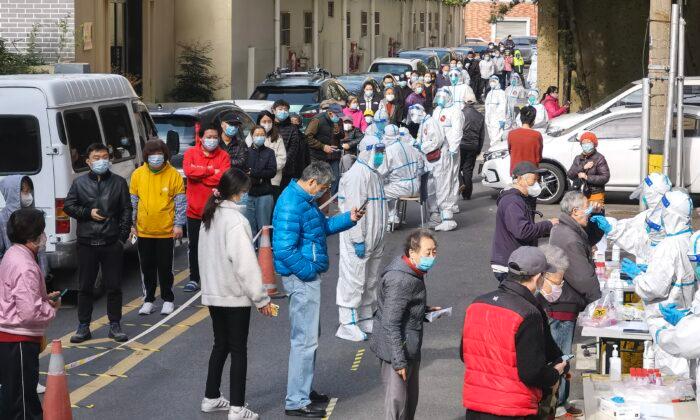
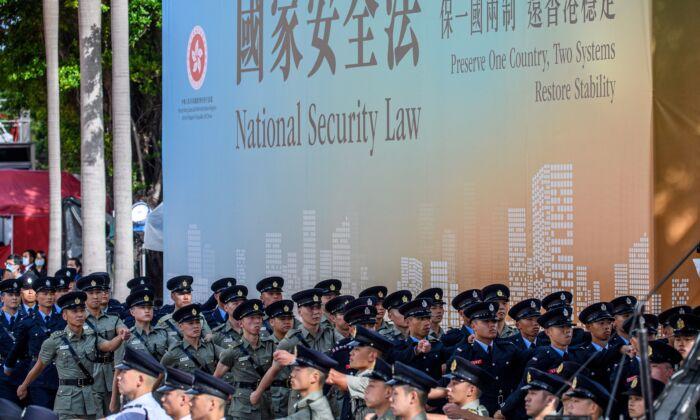
Friends Read Free